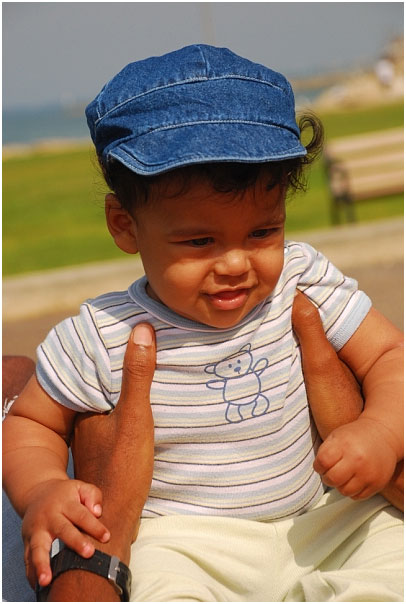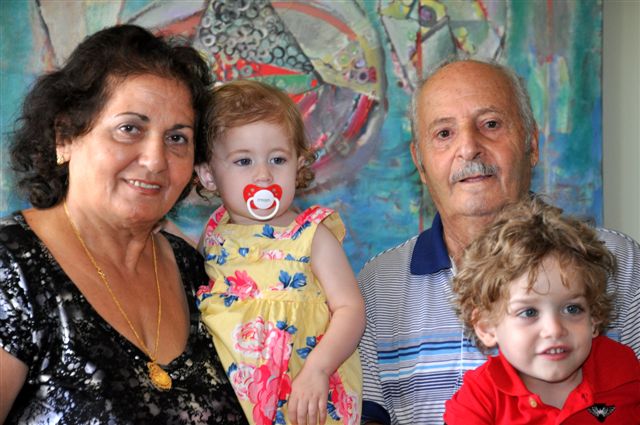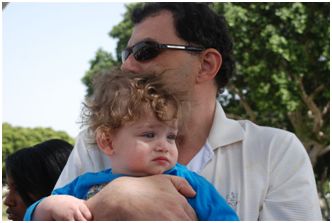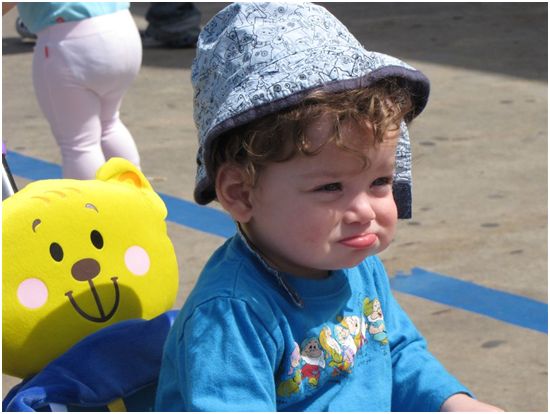
Many new mothers consider demand feeding “the right way to feed my baby”. Every new parent considers the various choices: breastfeeding vs. giving the baby formula, feeding every 3 hours, maybe 4, vs. feeding on demand, waking the baby to feed vs. letting him or her wake up when hungry, giving water vs. not giving water, using a nipple shield vs. not using one, using a dummy (pacifier) vs. not using one, and many others.
These are serious decisions when you have your first baby and the more you ask around, the more confused you become. My oldest daughter recently gave birth to my first granddaughter (she is GORGEOUS). Watching her, I have discovered a relationship between breastfeeding on demand and emotional eating. It was amazing to notice things I never thought of when I had to make a decision how to feed my own daughter when she was born.
The stories I have from the last six weeks, since my granddaughter’s birth, can spread over hundreds of posts about raising babies. Today, I want to discuss one of them, which is demand feeding.















